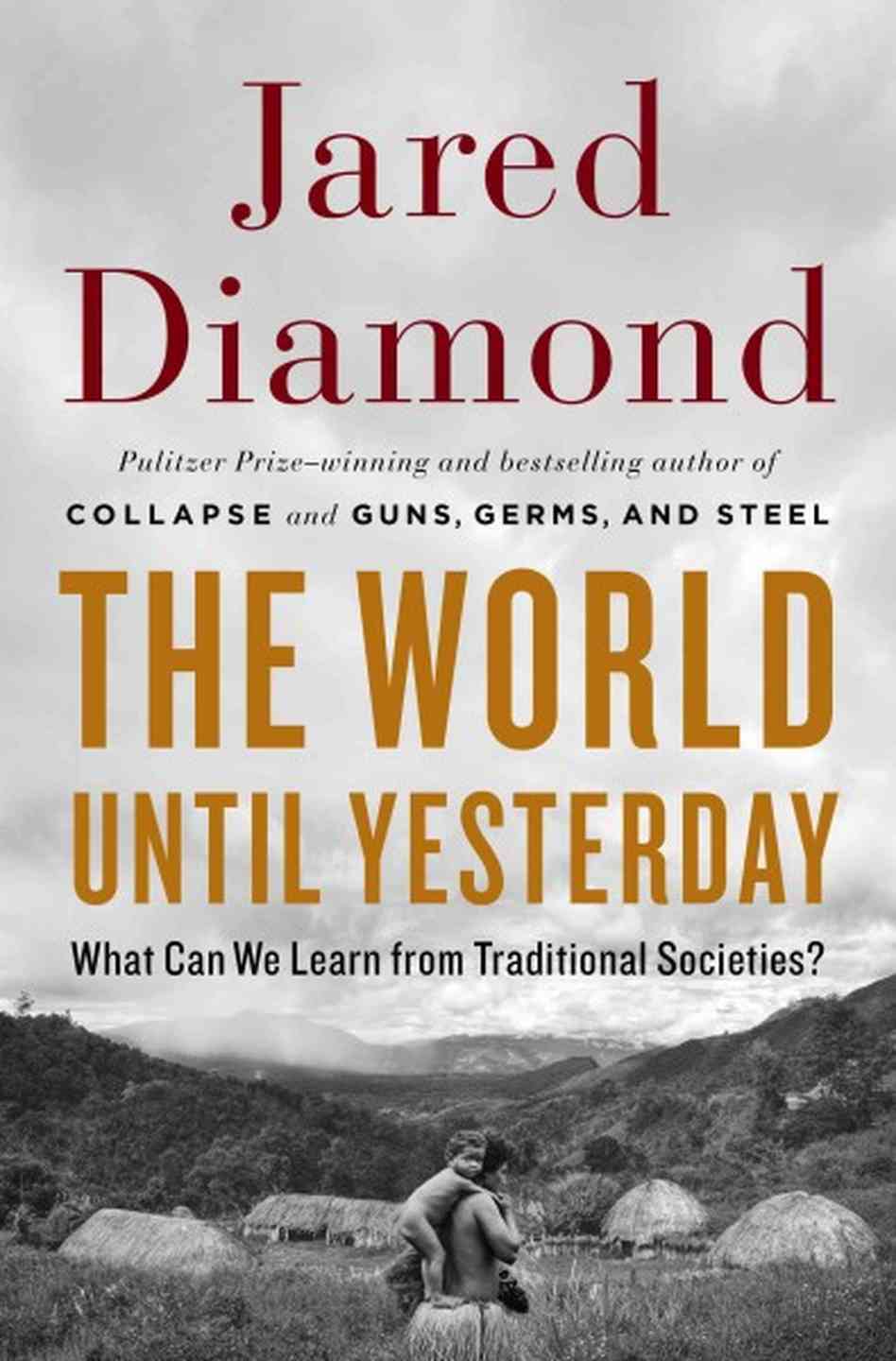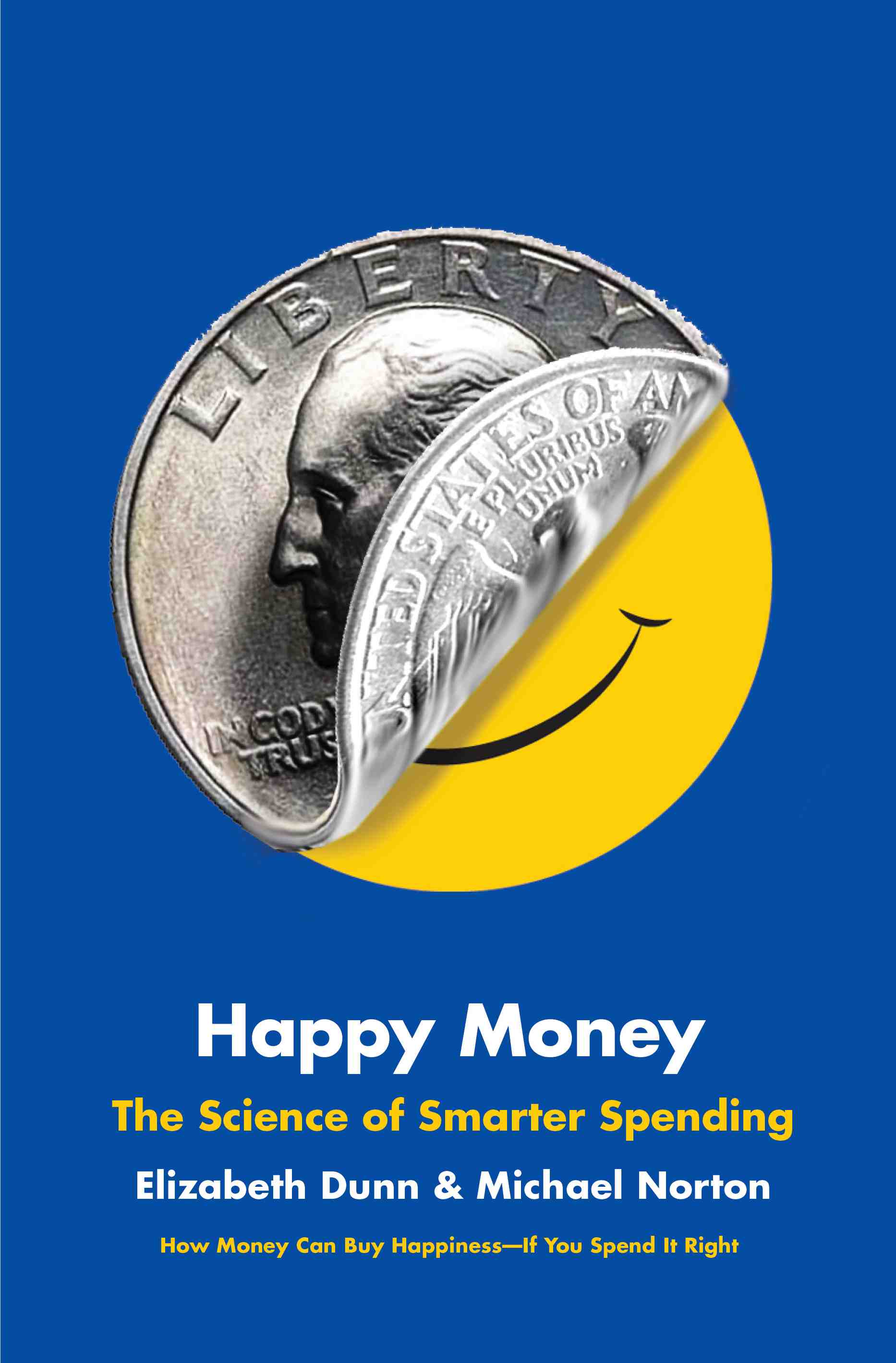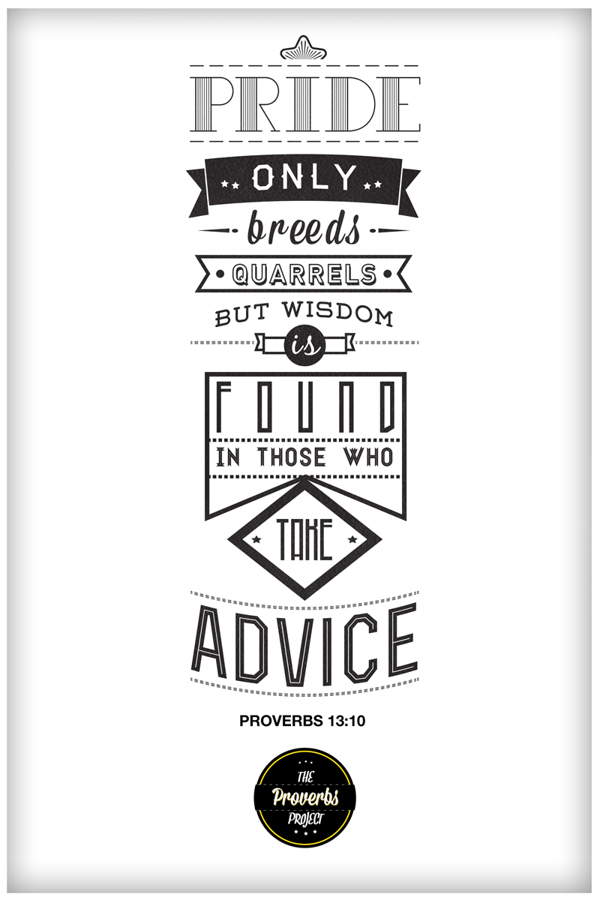Good old days: What can the modern world learn from older societies?
e good old days. Despite all the undeniable benefits recent centuries have brought, you may have a nagging feeling that we've lost something in the process. Jared Diamond (author of the Pulitzer Prize-winning must-read Guns, Germs, and Steel: The Fates of Human Societies) has a new book to reassure you you're not crazy. The World Until Yesterday answers the question "What can we learn from traditional societies?" looking at diet, family, child-rearing, religion, violence and more. What made the good old…
4 minutes
Harvard professor Michael Norton explains how to be happier
chael Norton Michael Norton is an associate professor of marketing at Harvard Business School. He is co-author of the new book, Happy Money: The Science of Smarter Spending, which explains how the latest social science research can help you spend your money in ways that improve your happiness. (More on the book here.) Mike and I spoke about how time affects happiness, why money is so motivating and how Netflix might just be making us less happy. Why are we…
6 minutes
5 Ways To Spend Your Money That Will Make You Happier
bsp; Can Money Buy Happiness? Yes. But you might be surprised by the ways you should spend it. Harvard professor Michael Norton and co-author Elizabeth Dunn have a new book out, Happy Money: The Science of Smarter Spending, that details the research on the 5 best ways to turn your dollars into lasting smiles. What are they? 1) Buy Experiences Via Happy Money: The Science of Smarter Spending: "...57 percent of Americans reported that the experiential purchase made them happier than…
3 minutes
Ten Research-Based Steps To A Happier Life
went through a number of great books on happiness and pulled together ten research-based tips that can help build a happier life: 1) Cut the small talk. Discuss what matters. Via Pursuing the Good Life: 100 Reflections on Positive Psychology: First, happier participants spent more time talking to others, unsurprising finding given the social basis of happiness. Second, the extent of small talk was negatively associated with happiness. And third, the extent of substantive talk was positively associated with…
5 minutes
Are nice people more likely to win a Nobel prize?
at's it take to win a Nobel prize? How about "being nice"? The other day I posted the research for and against "nice guys finish last." Turns out there's one more area where being good pays off. How do we know? Researchers who hog the credit on scientific papers are less likely to win a Nobel prize. Those who give younger academics a bit of the spotlight are more likely to have a trip to Stockholm in their future. Via The…
3 minutes
Only one thing is stopping you from being happier
ny people resist being happier because it doesn't line up with the type of person they think they are. Via Pursuing the Good Life: 100 Reflections on Positive Psychology: Using other data obtained in their studies, the researchers argued that these effects occurred because people are motivated to sustain a consistent view of themselves. Those with higher self-esteem— people who like and value themselves— see happiness as a state consistent with who they are, and thus they savor their good feelings.…
3 minutes
“Nice guys finish last.” Really? What does the research say?
ice guys finish last." Is it true? To some degree it depends on what area of life we're talking about. Let's see what the research has to say... Money Nice guys finish last here. More agreeable people make less money: ...men who measured below average on agreeableness earned about 18% more—or $9,772 more annually in their sample—than nicer guys. Ruder women, meanwhile, earned about 5% or $1,828 more than their agreeable counterparts. “Nice guys are getting the shaft,” says study co-author…
4 minutes
Life Lessons – Cornell researcher Karl Pillemer explains the most important things older people insist you need to know
bsp; What life lessons can we learn from the people who have lived the longest? Karl Pillemer of Cornell University interviewed 1200 people age 70 to 100+ for his book “30 Lessons for Living: Tried and True Advice from the Wisest Americans” asking them: "If you look back over the course of your life, what are the most important lessons you learned that you would like to share with younger people?" I've posted about Karl's research a number of times…
5 minutes







